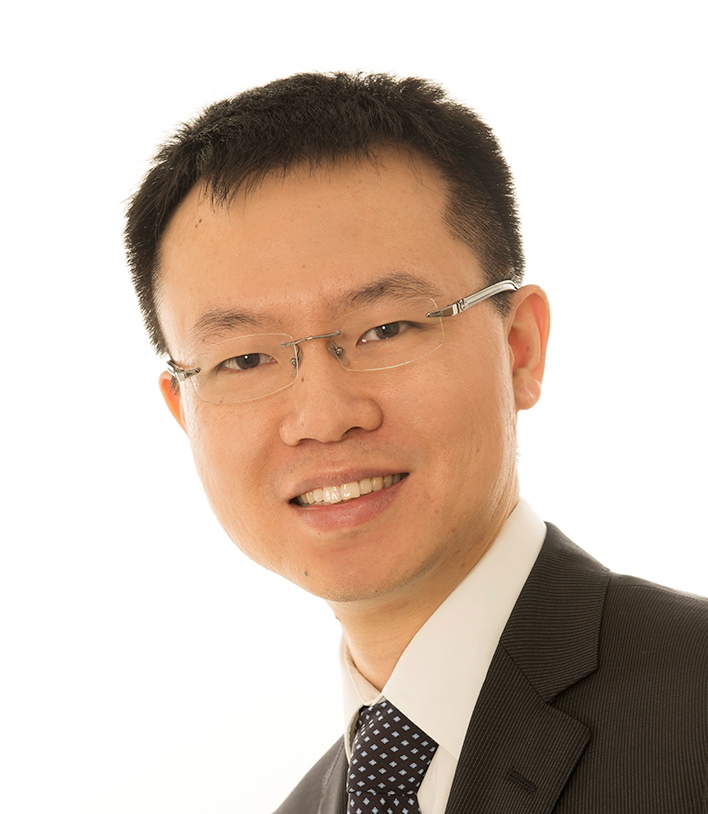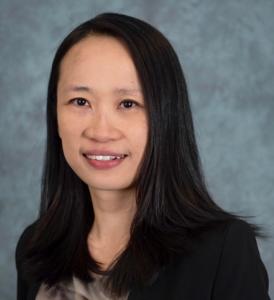Technology policy was long the sleepy domain of technical specialists and bureaucrats. Over the last two years, however, technology relations between the United States and China have hit the front page. Chinese telecommunications companies like Huawei and ZTE have taken actions that have attracted strict sanctions from Washington, prompting Beijing to intensify efforts to develop advanced indigenous semi-conductors. As a result, global supply chains in the technology sector face unprecedented strain. U.S.-China innovation systems have also come under scrutiny with new U.S. government concerns over Chinese-funding of U.S.-based research. This has led several American universities to rescind Chinese funding and in extreme cases to the termination of faculty. As technology policy becomes more central to the U.S.-China relationship, how can the two parties manage tensions and also promote continued economic development and innovation? How will new technologies like artificial intelligence and quantum computing put further strain on the relationship? What role might businesses play in managing possible tensions?
On October 4, the Georgetown University Initiative for U.S.-China Dialogue on Global Issues and The Brookings Institution convened a panel of experts from the U.S. and China to discuss the emerging U.S.-China technology relationship. In addition to addressing the above questions, the experts discussed the roots of growing tensions between the partners as well as possible pathways forward.
Following the conversation, panelists answered questions from the audience.
For more information visit: https://www.brookings.edu/events/the-u-s-china-technology-relationship-in-flux/
Introduction
The Michael H. Armacost Chair
Fellow - Foreign Policy, Center for East Asia Policy Studies, John L. Thornton China Center
Panel discussion
Professor of Political Science and International Affairs, Elliott School of International Affairs - George Washington University
Professor and Head, Department of Innovation, Entrepreneurship and Strategy; Co-Director, Institute for Intellectual Property Management - Zhejiang University
Director, Mortara Center for International Studies; Professor, Edmund A. Walsh School of Foreign Service and Department of Government - Georgetown University
Ira A. Lipman Chair in Emerging Technologies and National Security and Director of the Digital and Cyberspace Policy Program - Council on Foreign Relations
Assistant Professor, Department of Political Science - University of Oregon
MODERATOR
The Michael H. Armacost Chair
Fellow - Foreign Policy, Center for East Asia Policy Studies, John L. Thornton China Center







Add new comment